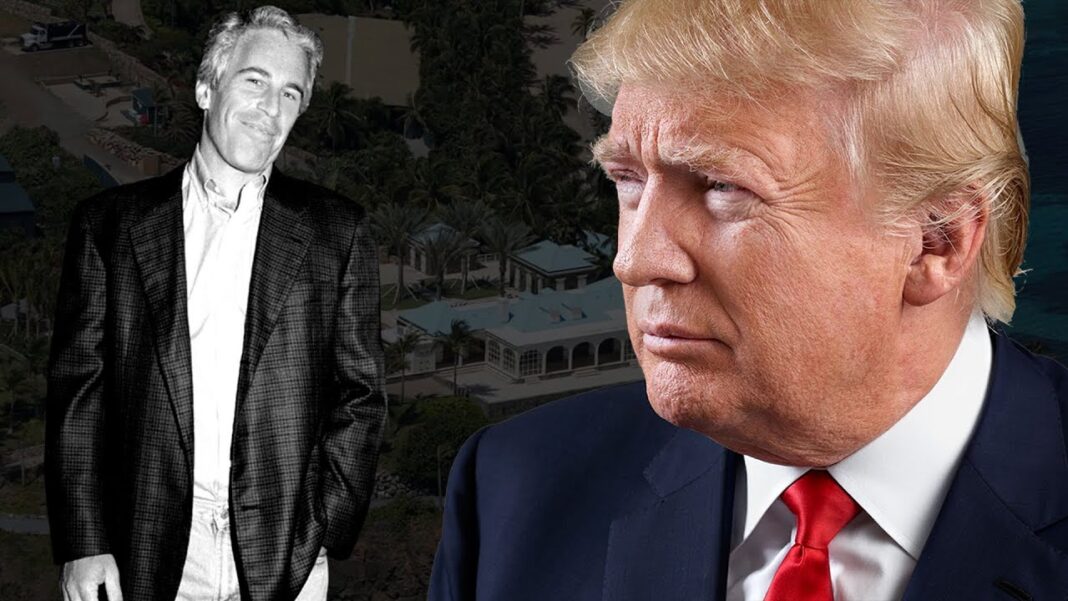(Part III of III parts)
Parts I and II suggest climate skeptics change their lobbying strategy from the current focus on the scientific flaws in green technology to a strategy that addresses the very high cost to taxpayers of federal green subsidies and product bans. Part III sets out a proposed strategy to force cost transparency on the government and develop tactics to defeat overpriced facilities and programs that are very costly to the consumer.
As long as business has unlimited access to tax expenditures, green technology will spread, regardless of the economic harm. Fixing this problem should be easy. Due to the nation’s massive national debt, it should be apparent to Congress that tax expenditures, which are actually unlimited appropriations, must be eliminated. Unfortunately, this will not happen; the business community and the Progressive Left control too many votes in Congress to stop the giveaways.
Suggested alternatives include requiring disclosure of the economic and job impacts of subsidies, stop purchasing products made competitive only by green subsidies, oppose any bailouts of energy generating utilities that rely on government subsidies, and do as the environmentalists do, litigate, litigate, litigate.
Part III: Seek disclosure of the economic and job impacts of subsidies.
Shame the corporate green welfare queens into disclosing what the subsidies cost taxpayers, the cost of the few jobs created, the low wages paid to workers, and the ratio of officers’ pay to workers’ pay. Compare the dollars spent on lobbying and political donations with the subsidies received. Inform the public of the corporation’s rate of return on its lobbying dollars. An excellent newsletter on corporate subsidies is “Good Jobs First.” Its motto is “Tax breaks do not create jobs.”
Germany, however, may be leading the way in disclosing the real costs of green energy. Recently, a German court was so concerned the government wanted the citizens to believe there is no cost of green energy it declared the government’s fiscal gimmicks unconstitutional and ruled it “must level with voters about how much the net-zero energy transition will cost.”
Stop purchasing products made competitive only by green subsidies.
Climate skeptics should educate consumers on the actual cost of subsidies. Whenever the government subsidizes “energy-efficient products,” it must raise taxes on other items or individuals or reallocate taxes from different parts of its budget to pay for the subsidy. In essence, anytime the government subsidies a product, it merely passes the cost of the subsidy to other citizens or eliminates needed programs. The skeptics should explain to consumers how consumers are paying for the government’s gifts to others. Consumers need to appreciate that the government only provides subsidies for products it wants to be purchased and will not be purchased under market conditions.
Oppose any bailouts of electric utilities on subsidies.
As the federal government forces more and more wind and solar units onto the market to generate more renewable power, it increases the number of facilities needing additional subsidies to avoid bankruptcy. These facilities are only viable because they receive subsidies. The skeptics must expose and oppose every rate increase due to the high cost of green technology. Educating consumers on the increased costs of green energy and its adverse community impacts will bring consumers to the skeptics’ side. Since citizens are only willing to pay $100 a year to address climate change, climate skeptics must educate them on the cost of green technology, which is thousands per year.
Advocate that all levels of government provide the actual costs of green technology to consumers.
The skeptics should lobby the government to disclose a complete and accurate accounting of the green energy project, including the actual cost of construction, the amount of tax relief, the land to be used, tax abatements on the land, the cost of the project without subsidies, who pays for the disposal of hazardous waste contained in the green technology at the end of its life, and who pays for removing abandoned bankrupt facilities. These disclosures alone may stop the construction of many marginal facilities as residents become fearful of adverse health impacts and concerns over future remediation costs.
If a German court can order disclosure of the real costs of green energy, American taxpayers should be able to persuade Congress, the courts, or federal agencies with appropriate jurisdiction to order similar disclosures.
Do as the environmentalists do: litigate, litigate, litigate.
Litigation is where the skeptics’ studies, reports, and scientific calculations are of the most value. Litigation can take many forms and, in many places, including state and federal courts, administrative agencies, municipalities, zoning boards, and against any government agency that hears a matter in dispute. The route taken most often by environmentalists is to sue under the National Environmental Policy Act (“NEPA”) against any facility (usually a pipeline or refinery) or project needing an Environmental Impact Statement (“EIS”) prior to permitting. The legal argument is the project’s EIS is insufficient to provide the information necessary to comply with NEPA. Filing a lawsuit can tie up a project in court for years. The time delays are costly and can often turn an alleged profitable project into an unprofitable one. That is the path taken by the environmental community. It needs to become the path of the skeptics if they are to bring sanity to the climate debate.
A recent study by David Wojick and Paul Driessen titled “Offshore Wind Cannot Be Justified” is an excellent example of how skeptics can use data to delay or stop a project over EIS concerns. The authors examine the emissions reductions achieved by offshore wind energy, which is the primary justification for its use. The authors conclude that global emissions from mining, processing, manufacturing, and transportation offset any reduction from power production. Their study focuses on the many aspects of the supply chain. These types of facts force projects to make disclosures neither the federal government nor the project developers want to make. These types of disclosures can place conditions on permits that make the project non-viable.
NEPA addresses far more than environmental protection. It requires examining the actions pursued to assure all Americans “a safe, healthful, productive and esthetically and culturally pleasing surrounding.” This type of broad language allows litigants to persuade a court to make new laws by litigation while avoiding Congress. It also requires consideration of national heritage, community diversity, and individual choice. NEPA provisions can protect rural communities and life in America from the pock-marking of the land by wind and solar facilities.
The climate skeptics might also be able to include specific international concerns since NEPA promotes international cooperation to anticipate and prevent the decline in the quality of “mankind’s” world environment. The skeptics should be creative by using NEPA litigation to address the use of slave labor in the mining of rare earth materials and the environmental harm caused by the mining of rare earth materials by oppressive regimes. Since most green energy facilities contain rare earth materials, which are often hazardous when disposed of, an analysis of these materials’ environmental impact is the purpose of NEPA, especially those that are presently unquantified.
A NEPA review will allow the skeptics to raise all the environmental and economic concerns created by interconnection difficulties, abandoned projects, the management of the hazardous wastes in the projects, and the end-of-life remediation that is not calculated in the project’s economics. The skeptics need to connect the dots between the projects with these problems and their environmental impacts. Once the dots are connected, there will be public opposition against the projects.
How it all ends.
The non-disclosure of the real costs and environmental impacts of green energy is nothing short of another deception of the American people by its government. The adverse impacts of a green economy are environmental, economic, cultural, and degrading to our national security. The American business community is bought and paid for, so it will not challenge the federal government unless it seriously hurts them financially. Fortunately, the nation’s citizens can be educated on how to fight federal green policies that are causing them economic harm and impacting their lives and communities. It is the responsibility of the climate skeptics to undertake this task. If the skeptics cannot end the green utopian delusion, no one will.
William L. Kovacs has served as senior vice president for the U.S. Chamber of Commerce, chief counsel to a congressional committee, chairman of a state environmental board, and a partner in law D.C. law firms. His book Reform the Kakistocracy received the 2021 Independent Press Award for Political/Social Change. Kovacs also led the business coalition’s lobbying activities against Obama’s legislative climate proposals. He can be contacted at wlk@ReformTheKakistocracy.com.
Part I. Memo to Climate Skeptics: You’re Losing, Change Strategies
Part II. Climate Skeptics Win by Revealing Costs Not Disputing Science







